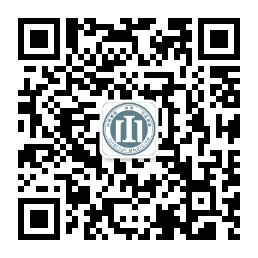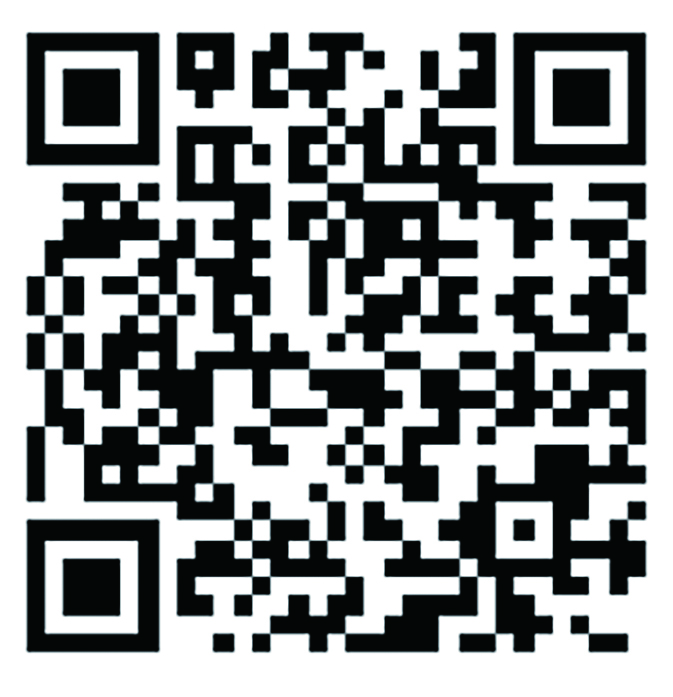目的观察计算机认知矫正(CCRT)联合药物治疗对精神分裂症康复期患者心理推理能力、视空间工作记忆能力及认知功能的影响。方法选取2018年2月至2020年2月在我院住院治疗的精神分裂症康复期患者92例为观察对象,按随机数字法分为观察组及对照组各46例。对照组患者给予常规康复联合抗精神病药物治疗,观察组患者在对照组患者治疗的基础上给予CCRT干预。比较两组患者干预前、干预6周后的心理推理能力、视空间工作记忆能力及认知功能。结果干预前,两组患者的失言觉察、连环漫画及隐喻评分比较,差异均无统计学意义(P<0.05);干预6周后,两组患者的失言觉察、连环漫画及隐喻评分均明显提高,观察组患者的评分显著高于对照组,差异有统计学意义(P<0.05)。干预前,两组患者的组间错误数、整体平均反应时间、策略分比较,差异均无统计学意义(P<0.05);干预6周后,两组患者的组间错误数、整体平均反应时间、策略分明显减少(缩短、降低),观察组患者组间错误数少于对照组、整体平均反应时间短于对照组、策略分低于对照组,差异有统计学意义(P<0.05)。干预前,两组患者的Matrics公认认知成套测验(MCCB)各维度指标评分比较,差异均无统计学意义(P<0.05);干预6周后,两组患者的MCCB各维度指标评分均明显增高(P<0.05),观察组患者的空间广度测验、语义流畅性测验评分显著高于对照组,差异有统计学意义(P<0.05)。结论CCRT联合抗精神病药物治疗可有效改善精神分裂症康复期患者的心理状态,显著提高其空间记忆能力及认知功能。
当前位置:首页 / 计算机认知矫正联合药物治疗对精神分裂症康复期患者心理推理能力和视空间工作记忆能力的影响▲
论著
|
更新时间:2022-01-04
|
计算机认知矫正联合药物治疗对精神分裂症康复期患者心理推理能力和视空间工作记忆能力的影响▲
Effect of computerized cognitive remediation therapy combined with drug therapy on psychological reasoning ability and visual spatial working memory ability of schizophrenia patients during convalescence
内科 202116卷06期 页码:750-753+784
作者机构:洛阳市第五人民医院精神科,河南省洛阳市471000
基金信息:▲基金项目:2019年度河南省医学科技攻关计划联合共建项目(LHGJ20190476)
- 中文简介
- 英文简介
- 参考文献
ObjectiveTo observe the effect of computerized cognitive remediation therapy (CCRT) combined with drug therapy on psychological reasoning ability, visual spatial working memory ability and cognitive function in patients with schizophrenia during convalescence. MethodsTotally 92 schizophrenic convalescent patients hospitalized and treated in our hospital were selected between February 2018 and February 2020, and they were divided into observation group and control group according to the random number method, with 46 cases in each group. The control group was given conventional rehabilitation treatment combined with antipsychotics, and the observation group was additionally given CCRT intervention on the basis of the control group. The psychological reasoning ability, visual spatial working memory ability and cognitive function of the two groups were compared before and 6 weeks after intervention. ResultsBefore intervention, comparison of the patients′ faux pas, comic strips and metaphor scores showed no statistically significant differences between the two groups (P<0.05). After 6 weeks of intervention, patients in both groups were significantly better in their faux pas, comic strips and metaphor scores, and the scores of patients in the observation group were significantly higher than those of the control group, with statistically significant differences (P<0.05). Before intervention, there were no statistically significant differences in the number of between-group errors, overall mean reaction time, or strategy scores between the two groups (P<0.05). After 6 weeks of intervention, the indicators mentioned above were significantly reduced (shortened, decreased) in both groups. The number of between-group errors was less in the observation group than that in the control group, and the overall mean reaction time was shorter and the strategy score was lower than those in the control group, with statistically significant differences (P<0.05). Before intervention, no statistically significant difference was found in the scores of all dimension indicators of Matrics Consensus Cognitive Battery (MCCB) between the two groups (P<0.05). After 6 weeks of intervention, the MCCB scores of both groups significantly increased (P<0.05). The scores of spatial span test and semantic fluency test in the observation group were remarkably higher than those in the control group, and the differences were statistically significant (P<0.05). ConclusionCCRT combined with antipsychotics can effectively improve the psychological states and enhance the spatial memory ability and cognitive function of schizophrenia patients during convalescence.
-
无




 注册
注册 忘记密码
忘记密码 忘记用户名
忘记用户名 专家账号密码找回
专家账号密码找回 下载
下载 收藏
收藏
